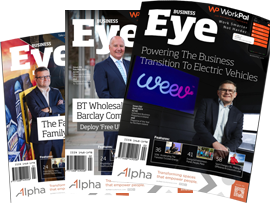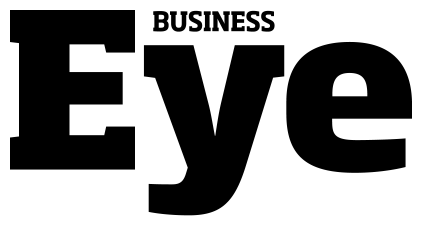Further endorsed by Minister for the Economy, Conor Murphy who reiterated that ‘good jobs’ lie at the heart of his economic vision, the concept of contemporary flexible working was the central theme of the conference which brought together employment experts from the private, public and academic sectors. Importantly the discussions focused on what flexible working means across all industries and sectors, including office-based jobs, retail, hospitality, healthcare and manufacturing.
The rationale for greater flexibility in the workplace was backed by a CIPD business case which indicated that increased flexibility boosted revenue by up to 43% and performance by 20%.
A study by Indeed, the online job site, also revealed that including flexible working practices within job descriptions resulted in a 30% increase in applications – a significant consideration in light of the skills shortage and recruitment issues affecting NI’s labour market.
With contemporary flexible working practices also central to the LRA’s ambition to deliver a more inclusive labour market through a ‘Good Employment Charter’, the conference provided a platform to discuss and debate the benefits and potential drawbacks of flexibility and the challenges it brings to different sectors and industries.
“Flexible working has become viewed narrowly by many as ‘working from home’ but it is so much more, embracing both how, when and where we work. The reality is of course that in certain sectors and industries, ‘working from home’ may not be an option,” said Don Leeson.
“If managed correctly however, flexibility can deliver inclusive and equitable opportunities for all, straddling gender, age, socio-economic background and those with caring responsibilities. As well as setting out the business case for flexible working and showcasing best practice, today’s conference will help shape a Good Employment Charter which aims to make work better for all, while also driving productivity and economic growth across all sectors.”
Highlighting the latest McKinsey report, which reveals that fully diverse organisations outperform by 39%, Laura Dowie, Director of Timely Careers and conference partner added:
“The motherhood penalty and the exorbitant costs of childcare, not to mention the gender pay gap and ongoing issues with diversity, are all factors impacting on the number of economically inactive women, many of whom are essentially being forced out of work and unable to access senior leadership positions. This is why it’s crucial we consider all aspects of flexible working – concepts such as four-day week, reduced or compressed hours, flexible start and end times, job share, term time only and more.
“The inherent power of flexibility is that it applies to everyone – those with families or caring responsibilities, and those without. We hope the outputs of today’s conference will help to drive tangible change and shape the workplace of the future in a way which not only creates ‘good’ jobs, but does so in a way that makes sound business and economic sense.”

Laura Dowie, Timely Careers, Don Leeson, LRA, Ian Snowden, Permanent Secretary, Dept for the Economy, and Wendy Austin, conference host.




